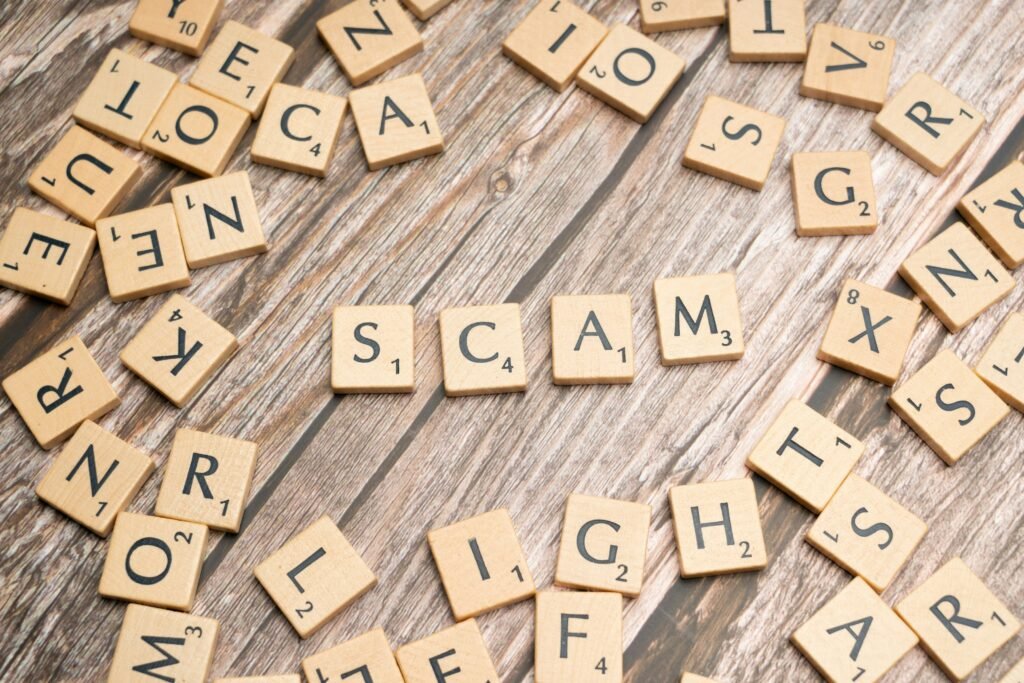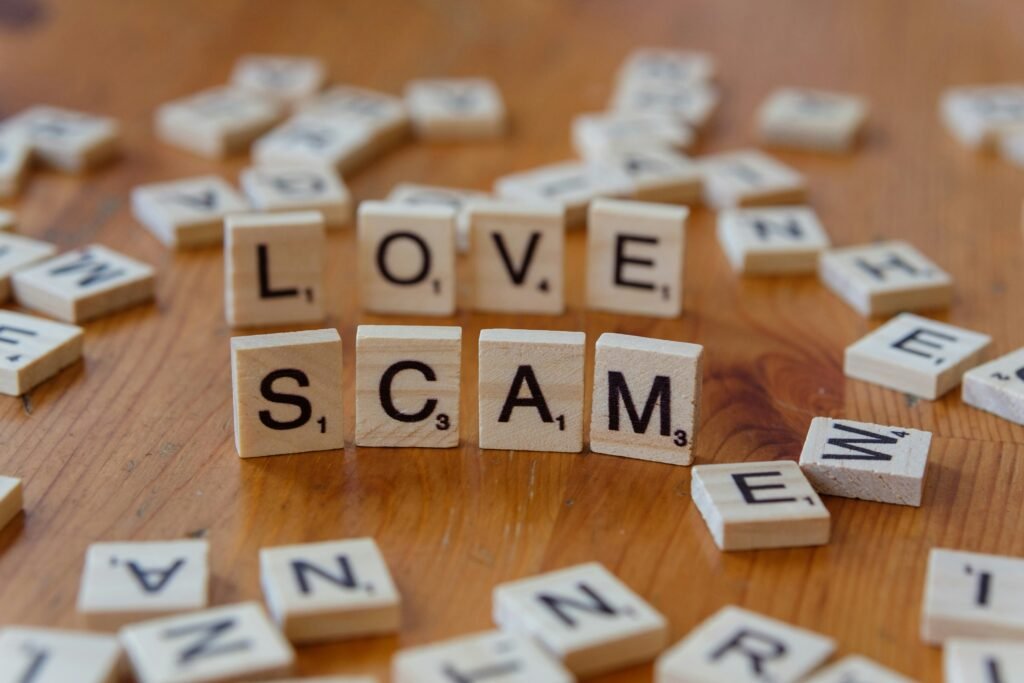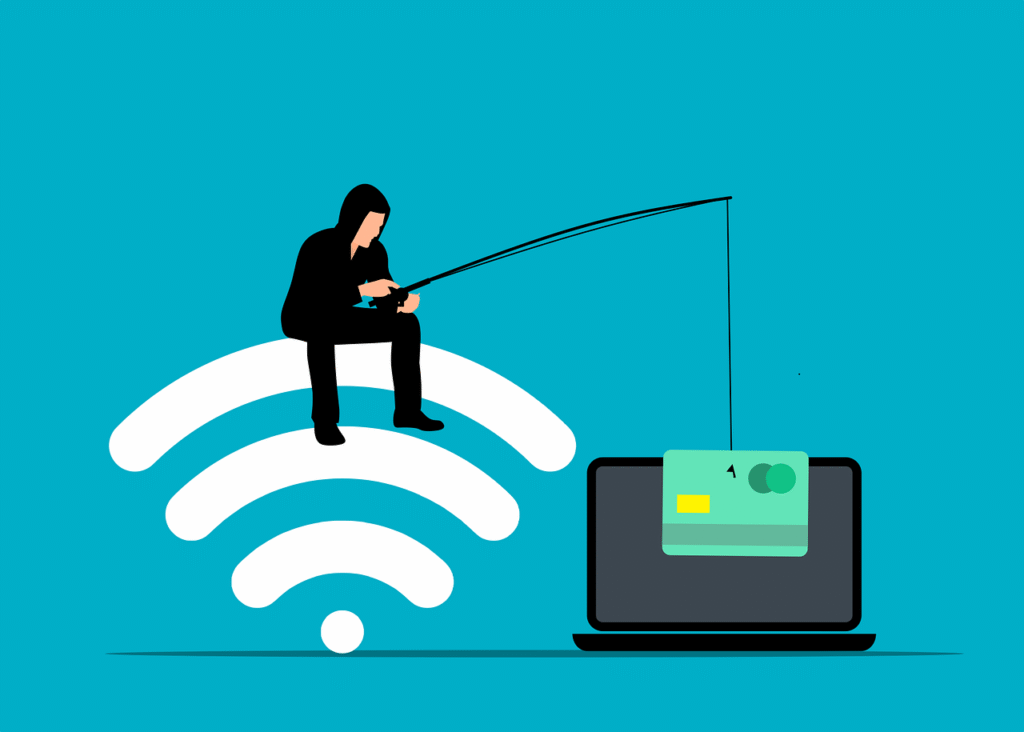Have you ever wondered about the safety of your Individual Retirement Account (IRA)? It’s an important question considering how crucial these savings are for your future. Scams targeting IRA accounts are increasing, and being informed is your first line of defense against these threats. Understanding the nature of these scams and knowing how to protect yourself is essential for safeguarding your hard-earned money.

This image is property of images.unsplash.com.
What is an IRA?
An Individual Retirement Account (IRA) is a financial tool designed to help you save for retirement with tax advantages. It allows individuals to allocate funds while deferring taxes on any growth until the funds are withdrawn. By offering different types such as Traditional IRAs, Roth IRAs, SEP IRAs, and SIMPLE IRAs, they cater to various needs and financial strategies.
Types of IRAs
Different IRAs have distinct advantages:
- Traditional IRA: Contributions are often tax-deductible, which means you can reduce your taxable income. Taxes are paid on withdrawals in retirement.
- Roth IRA: Contributions are made with after-tax dollars, so withdrawals in retirement are generally tax-free.
- SEP IRA (Simplified Employee Pension): Often used by self-employed individuals, allowing significant contributions.
- SIMPLE IRA (Savings Incentive Match Plan for Employees): Ideal for small businesses, offering both employer and employee contributions.
Each IRA type has specific rules and benefits, making it important for you to choose the right one based on your financial situation and retirement goals.
Understanding IRA Account Scams
IRA account scams are devious attempts by fraudsters to steal your retirement savings. These scams often exploit vulnerabilities in technology and human psychology to mislead and manipulate account holders.
Common IRA Scams
Let’s take a look at some of the most prevalent IRA scams you should be aware of:
-
Phishing Emails: Scammers send deceptive emails that appear to be from your bank or financial institution, tricking you into providing login details or other sensitive information.
-
Fake Investment Opportunities: Fraudsters offer high returns through fake investment schemes, enticing you to divert funds from legitimate accounts to fraudulent ones.
-
Identity Theft: Criminals steal your personal information to gain unauthorized access to your IRA account, potentially depleting your savings.
-
Ponzi Schemes: In these scenarios, returns for older investors are paid from the capital of new investors, leading to eventual financial collapse.
Understanding how these scams work can help you to recognize potential threats.
How Scammers Operate
Scammers have developed sophisticated methods to manipulate and deceive unsuspecting individuals. To protect yourself, it’s crucial to understand their tactics.
Psychological Manipulation
Scammers often prey on the emotions of fear, greed, and urgency. They might scare you with threats of financial loss or attract you with promises of quick wealth, pushing you to act hastily without considering the consequences.
Technical Tricks
They might deploy malware or use fake websites that mimic your real financial institution. These tactics are designed to capture your sensitive information like passwords and account numbers without your knowledge.
Social Engineering
Through social engineering, scammers gather data about you from publicly available sources, using the information to build trust and appear legitimate. They may also impersonate trusted officials or family members.
Understanding the techniques used by scammers is key to recognizing when you might be at risk and taking appropriate action to protect yourself.
Warning Signs of IRA Scams
Knowing the red flags can help you detect scams before it’s too late.
Unsolicited Contact
Be wary of any unexpected communication from someone claiming to be from your financial institution. Genuine financial institutions typically do not ask for personal information over the phone, via email, or through text messages.
Pressure to Act Quickly
If someone is pressuring you to make immediate decisions regarding your IRA account, it should raise a red flag. Reputable financial advisors will understand the importance of patience and due diligence.
Requests for Confidential Information
Legitimate institutions will not request sensitive information such as your Social Security number, account passwords, or other personal details through email or over the phone.
Too-Good-To-Be-True Offers
High returns with low risks are rare. Scammers use the allure of guaranteed profits to lure you in. Always double-check the legitimacy of such offers with a financial advisor.
By familiarizing yourself with these warning signs, you can prevent potential scams from disrupting your retirement plans.

This image is property of images.unsplash.com.
Protecting Your IRA Account
Safeguarding your IRA involves a combination of vigilance, education, and practical security measures.
Educate Yourself
Stay informed about the latest scams and always question experiences that seem out of the norm. Many resources, including financial news websites and government agencies, provide up-to-date information on financial scams.
Strengthen Security Measures
Take steps to secure your financial accounts by using strong, unique passwords and enabling two-factor authentication where available. Consider security software to protect your computer from malware that could steal sensitive information.
Monitor Account Activity
Regularly check your account statements for unauthorized transactions. If you notice any discrepancies, report them immediately to your financial institution.
Verify Before Trusting
Always verify the authenticity of communications from purported financial institutions by contacting them directly using contact information obtained from verified sources.
Consult Financial Advisors
If you receive an investment proposal, consult a trusted financial advisor before making any decisions. Their expertise can help you avoid falling for fraudulent schemes.
By implementing these strategies, you can enhance the security of your IRA account and gain peace of mind.
What to Do if You Fall Victim
It can be distressing to realize your IRA has been compromised, but quick action can mitigate the damage.
Contact Your IRA Provider
Immediately notify your IRA provider about any unauthorized access or transactions. They can take steps to secure your account and investigate the issue.
Report to Authorities
File a report with authorities such as the Federal Trade Commission (FTC) and the Securities and Exchange Commission (SEC). Their involvement can be crucial in tracking down scammers.
Use Identity Protection Services
Consider enrolling in identity protection services that can monitor your personal information and alert you to any fraudulent activity.
Change All Passwords
Reset the passwords of all your accounts, especially if you suspect that your login information has been compromised.
Stay Informed
Learn from the experience and educate yourself further about IRA security to prevent future incidents.
Act swiftly and responsibly to minimize the impact if you ever find yourself in such a situation.

This image is property of images.unsplash.com.
Latest Trends in IRA Account Scams
Scammers continuously adapt their methods, keeping pace with technological advances and societal trends.
Cryptocurrency Scams
With the rise of digital currencies, fraudsters have started using them to mask transactions. They might use terms like “Bitcoin IRA” or similar to entice you into their trap.
Covid-19 Related Scams
The pandemic has seen an increase in scams exploiting fears about financial security. Beware of advisors offering Coronavirus related “special” financial consultations or emergency funds.
Remote Access
Fraudsters may request remote access to your computer under the guise of setting up investment software. This could allow them to capture sensitive information directly from your device.
Staying updated with the latest developments in scam tactics allows you to remain vigilant and better protect your investments.
Tips for Keeping Your IRA Safe
An engaged, informed approach is vital for IRA security.
Regular Education and Training
Sign up for financial literacy courses and regularly educate yourself about the changing landscape of financial fraud.
Privacy Settings
Review your privacy settings on social media and limit the amount of personal information that fraudsters can easily access.
Secure Devices
Keep your computer’s security software up-to-date, and don’t use public Wi-Fi for accessing sensitive financial data.
Information Sharing
Be judicious in the information you share with others. Only provide sensitive information to verified, trusted individuals and institutions.
Consistent Monitoring
Make it a routine to check your IRA statements and financial accounts for any signs of irregular activity.
By taking these proactive steps, you contribute to the security of your financial future.

This image is property of pixabay.com.
Conclusion
Your IRA is a crucial part of your retirement plan, and protecting it from scams should be a priority. By understanding the types of scams, how they operate, and what warning signs to look for, you can take informed steps to safeguard your IRA. Remember to educate yourself continuously, embrace security measures, and act swiftly if you suspect fraudulent activity. With vigilance and knowledge, you can enjoy the peace of mind that comes with knowing your retirement savings is secure.
